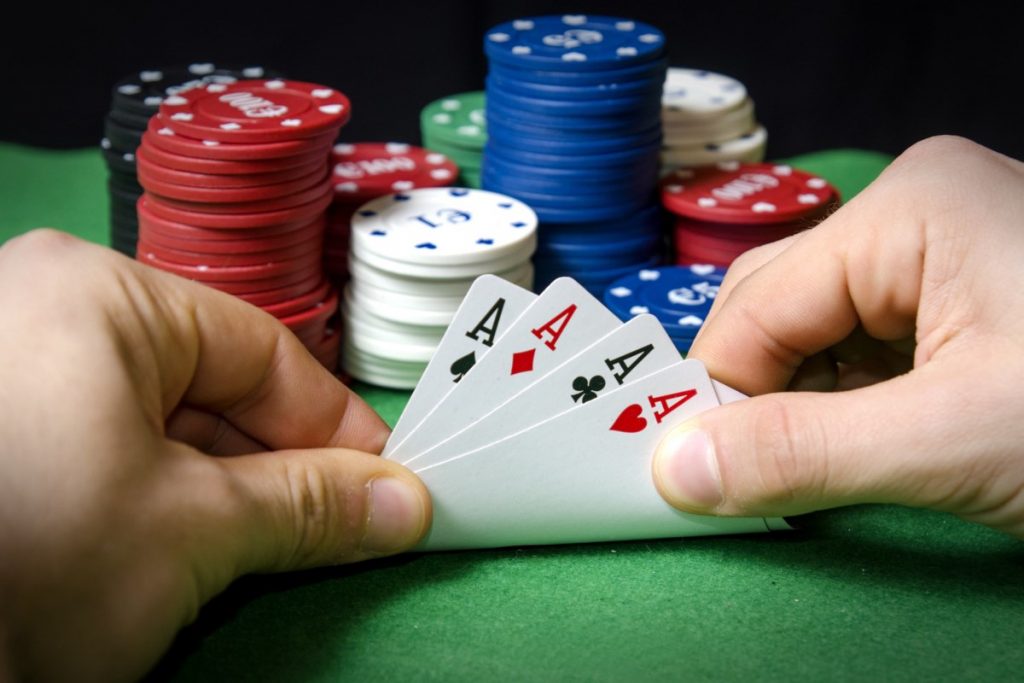The Five Poker Table Taboos
Poker etiquette is not only about what you should do, but it is also about what you should NOT do.
1. Revealing your cards during a hand
Revealing your cards during a hand, regardless of whether you are still active or not, is a very poor poker rule. It provides information to the table that can provide an advantage to one player over another. For example, if a player is tied and waiting for certain cards to come up and you reveal that you have one or more of those cards, it can change the way they play the hand, which is ultimately an unfair advantage.
Remember that there is more than one way to reveal your cards to the table. It is easy to avoid telling everyone what you have, but you need to be careful not to reveal your cards accidentally. Carelessly playing your cards when folding, for example, can easily result in your exposure. Your reaction to seeing a flop after giving up your cards can also reveal unplanned information. If you exclaim in frustration that you would have made a great hand, then players may be able to determine what exactly was in your hand with some degree of certainty.
2. Talking about a hand you’re not involved in

Giving a comment during a hand that you are not involved in definitely goes against poker etiquette. Nobody wants to hear your opinion on what each player may or may not have, what they should do next or what you think will happen. It can be irritating for the players involved in the hand, as they probably just want to concentrate. It can also be constituted by giving advice to a player, which is forbidden in most poker rooms.
3. Criticising your opponents
It is not your place to criticise the way any of your opponents played. Even if they made a big mistake, or you’re just trying to offer constructive feedback, it’s simply not the way to behave at a poker table. Everyone has the right to play as they wish, within the rules of course, and it is not your responsibility to point out where they may be going wrong. In any case, why would you want to help your opponents improve their game? You want them to make mistakes, as it improves your chances of beating them, so please keep that in mind.
4. Blaming or blaming the dealer

Remember that poker dealers are only there to do their job and have no control over the cards that are dealt. Verbally attacking a dealer because you have suffered a bad beat or are getting a bad sequence of cards is never acceptable. It is pretty much guaranteed that you will have some bad luck from time to time. It’s simply the nature of the game and it’s your responsibility to learn to deal with the frustration and avoid taking it out on the dealer.
It’s also worth pointing out that this rule applies even if a dealer makes a mistake. After all, dealers are human and mistakes happen. There is no excuse for reprimanding a dealer, even if his mistake may have cost him money.
5. Slowrolling
The term slow rolling can be used to describe a few different circumstances, but it generally applies when a player knows they have the best hand at showdown and takes too long to turn their cards in order to create suspense. It can also apply when a player takes too long to call an all-in bet despite knowing they have the best hand at the table.
Many poker players consider slow pitching one of the worst violations of etiquette. It serves no real purpose other than trying to finish off other opponents and rub salt in their wounds after you’ve won a big pot. While some players will slow roll precisely to take down their opponents, it’s really not a move we recommend making.



